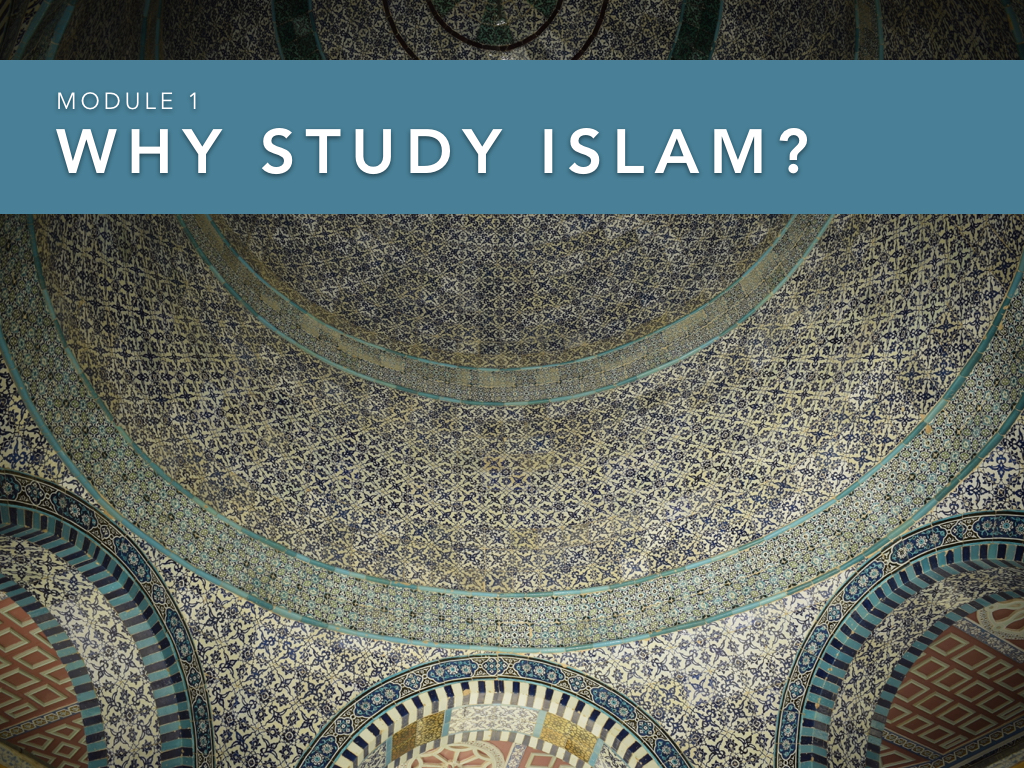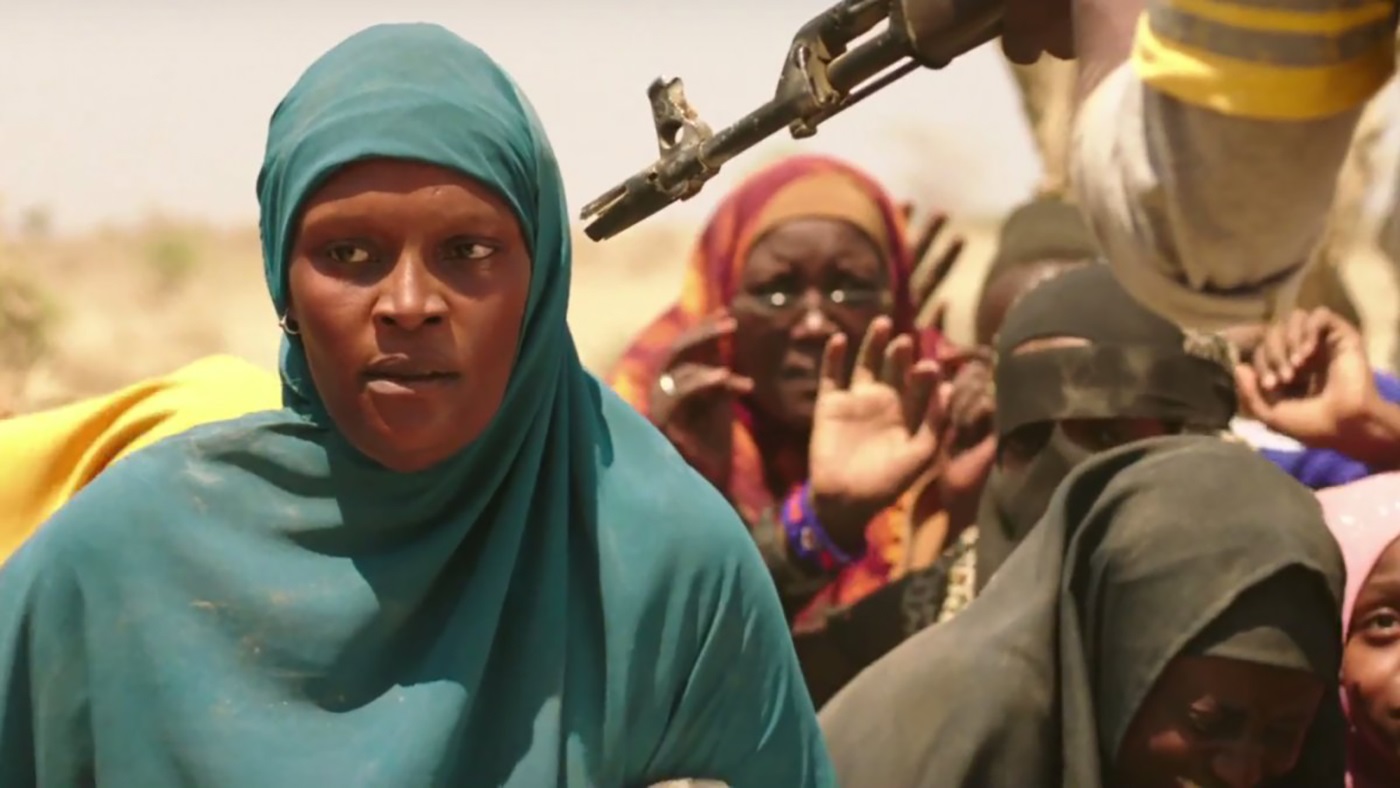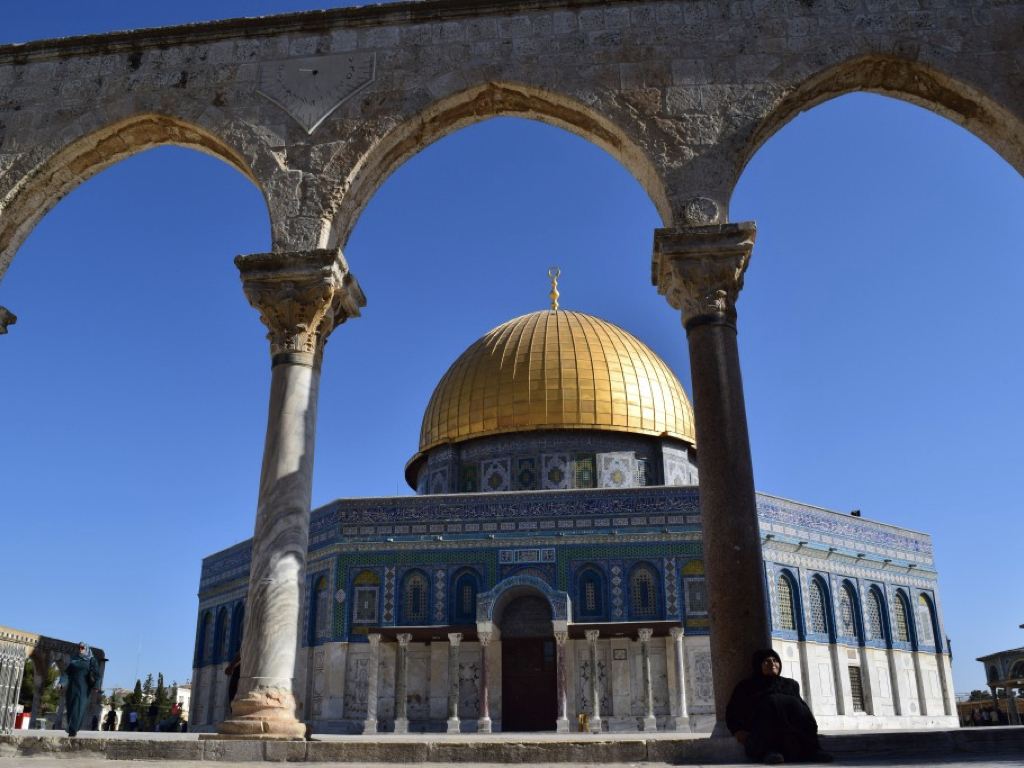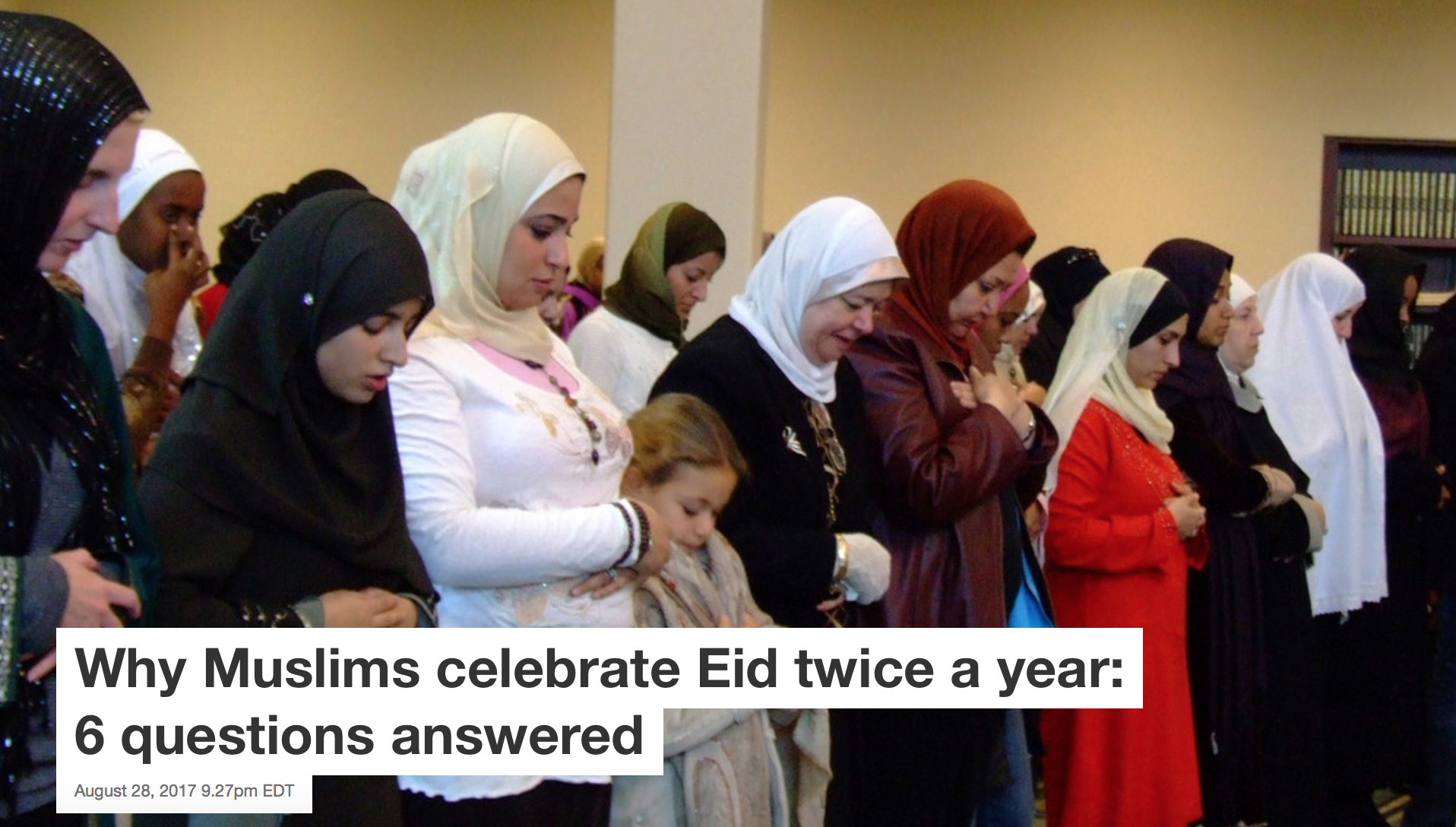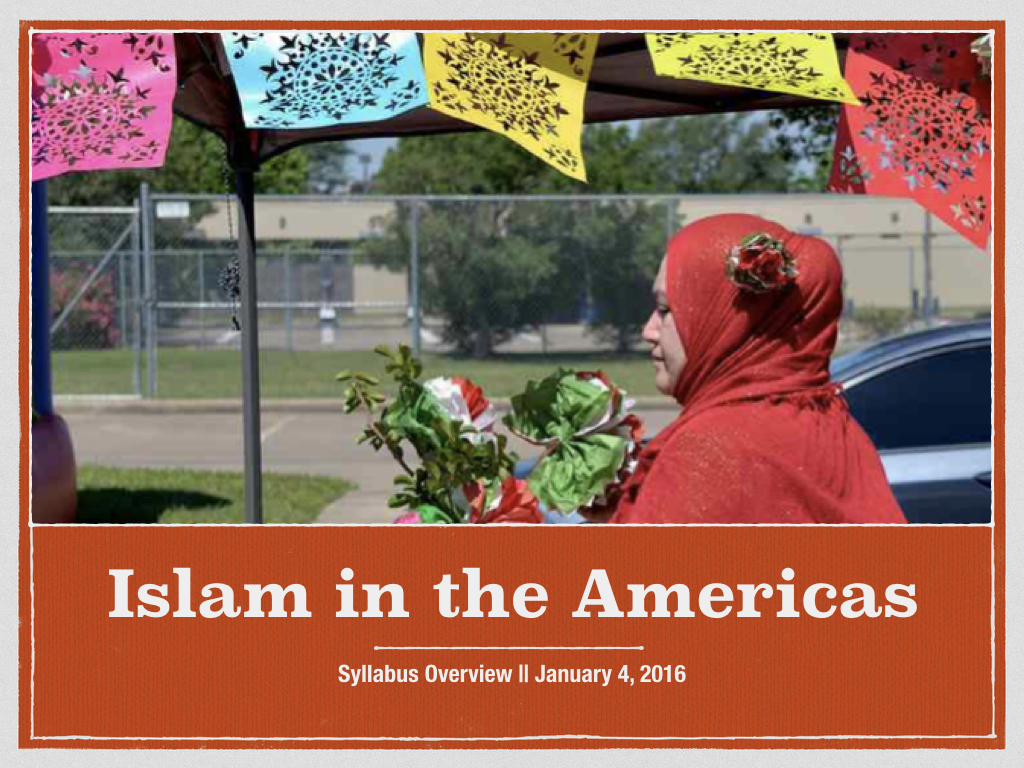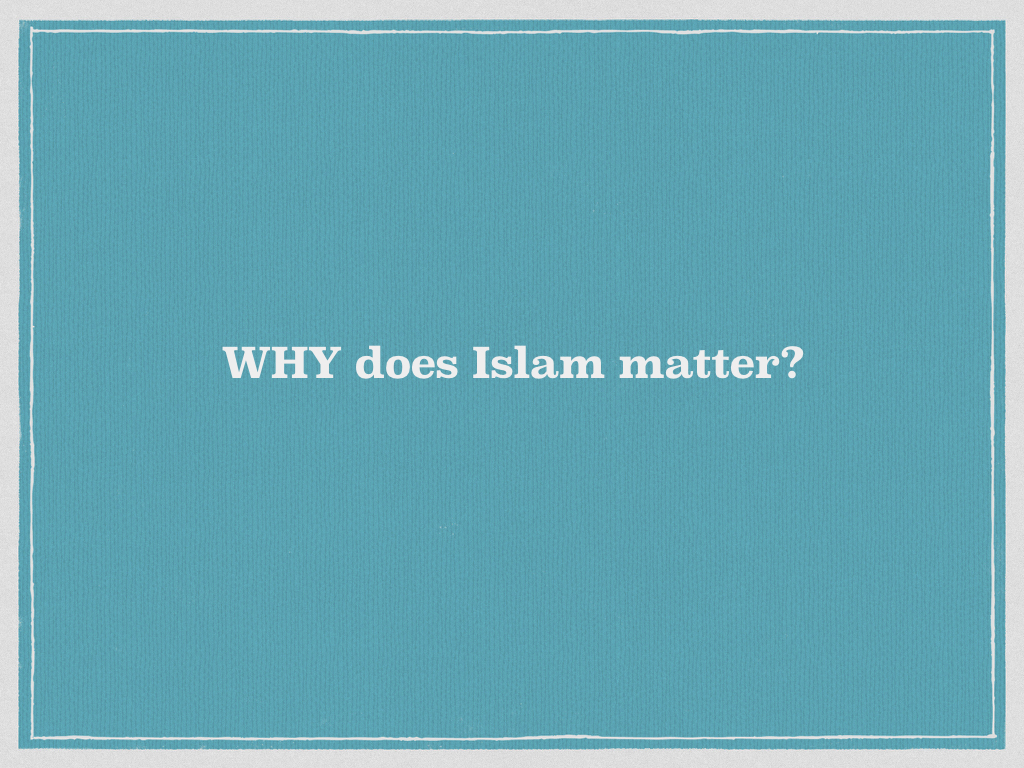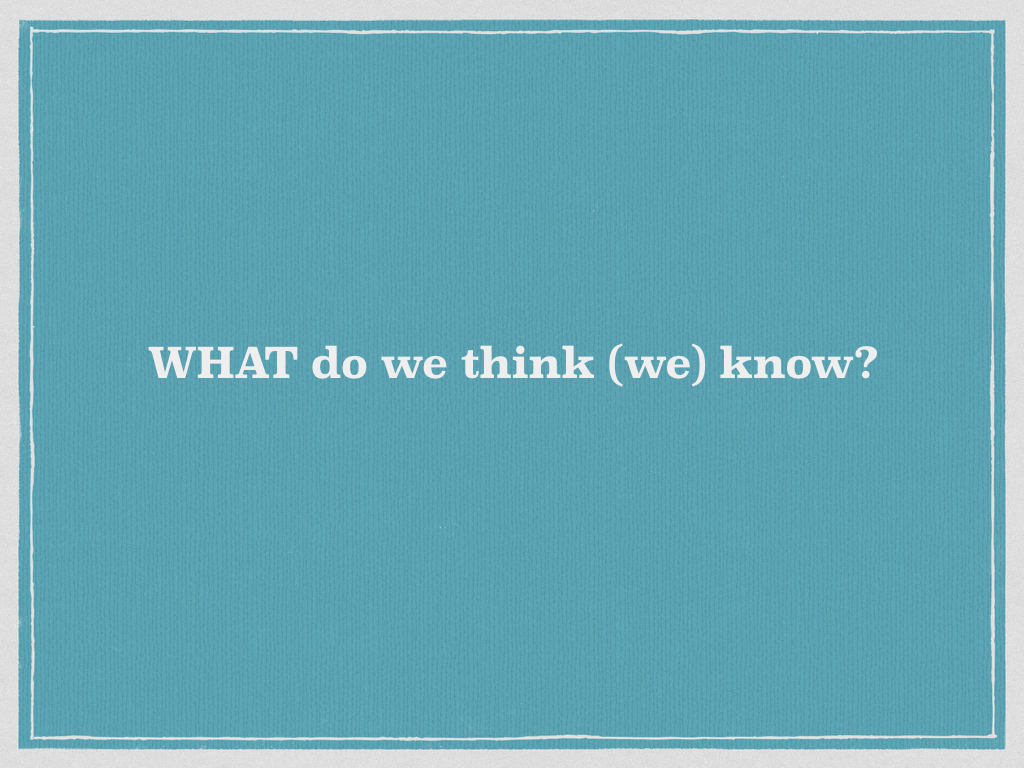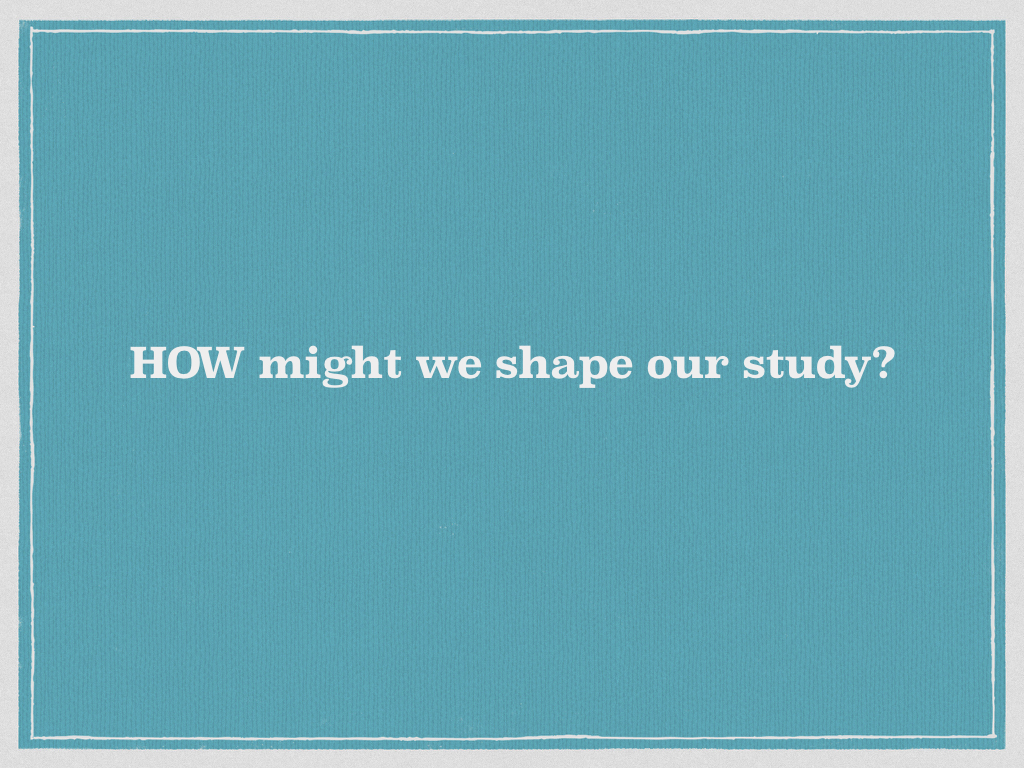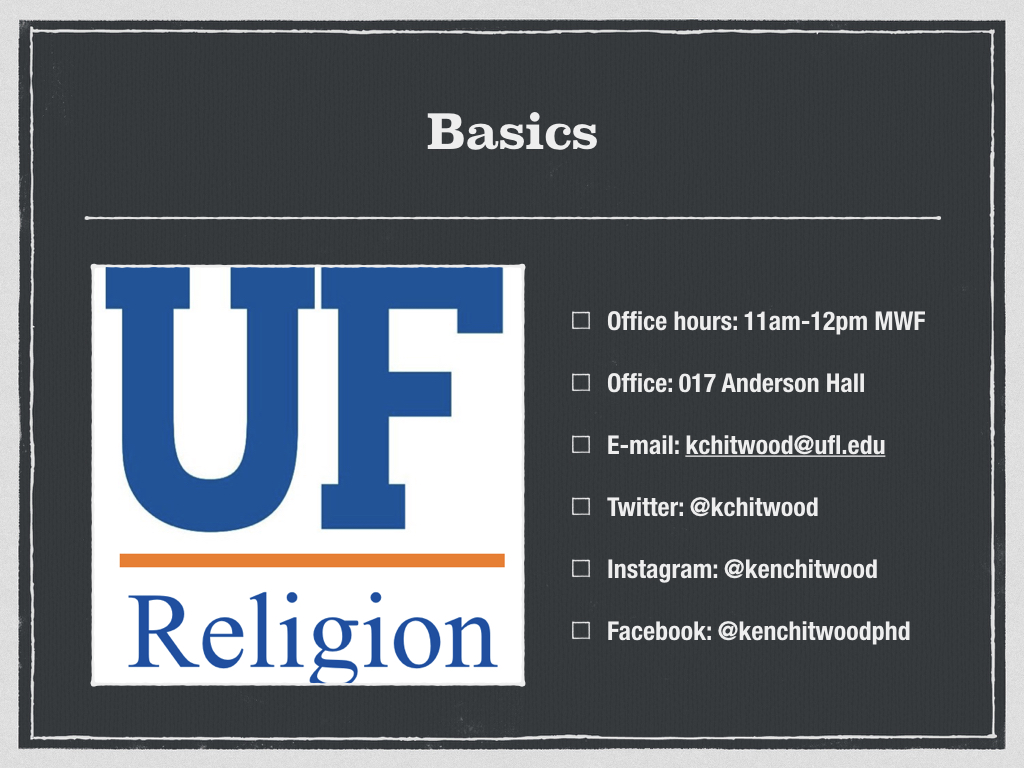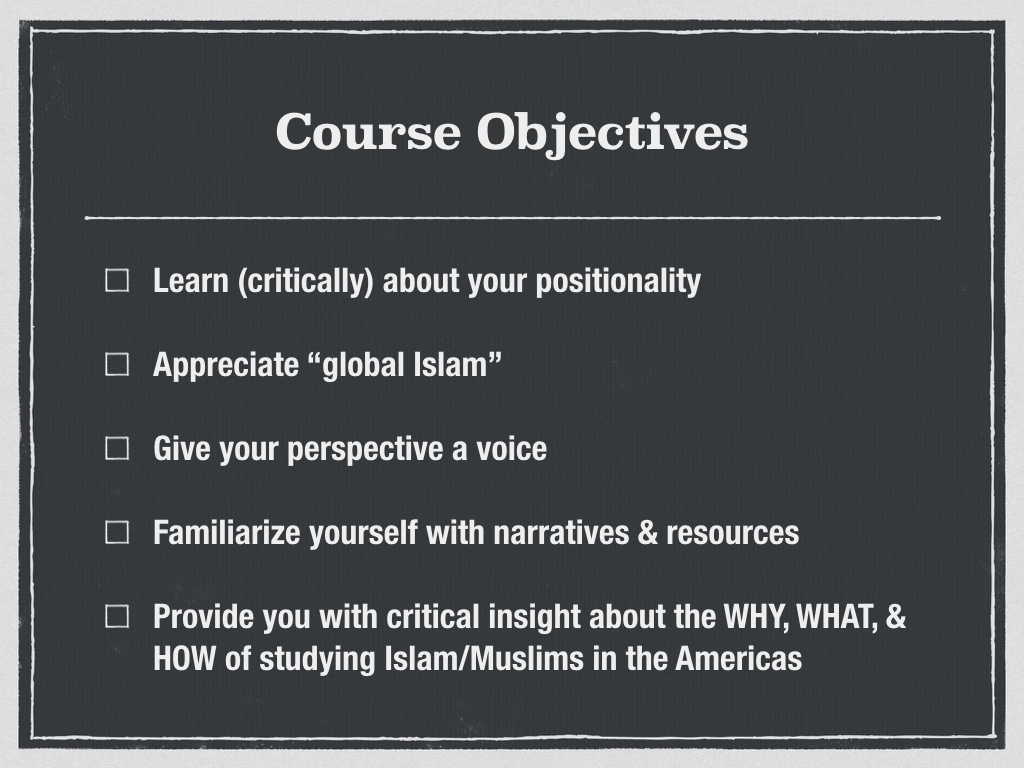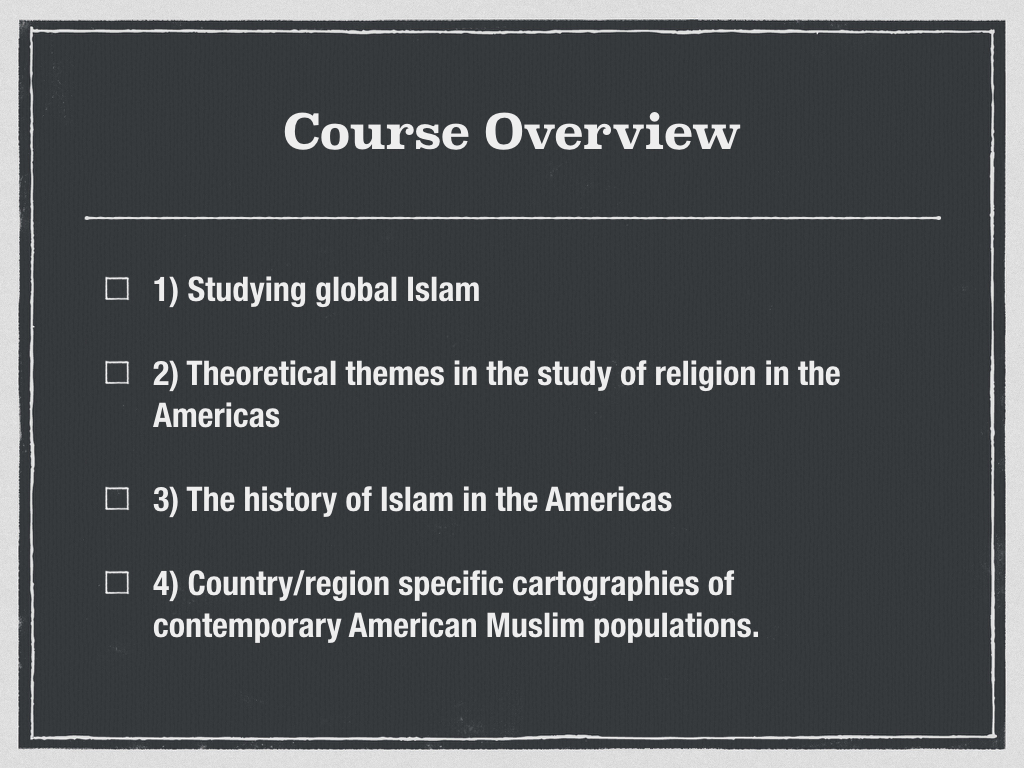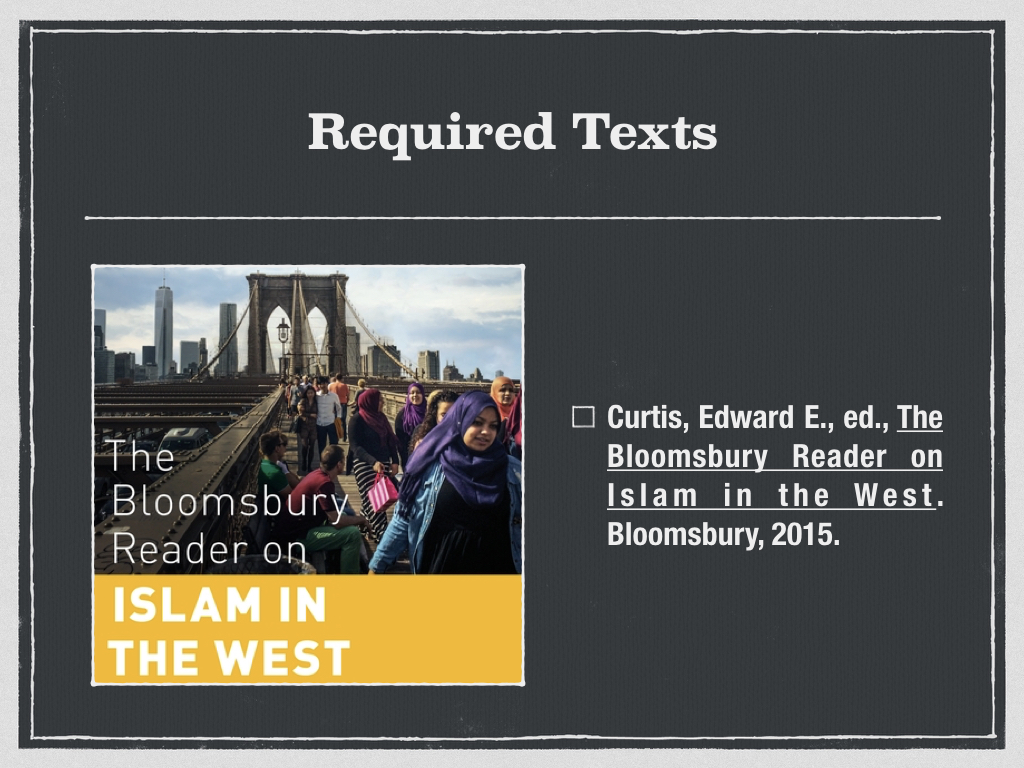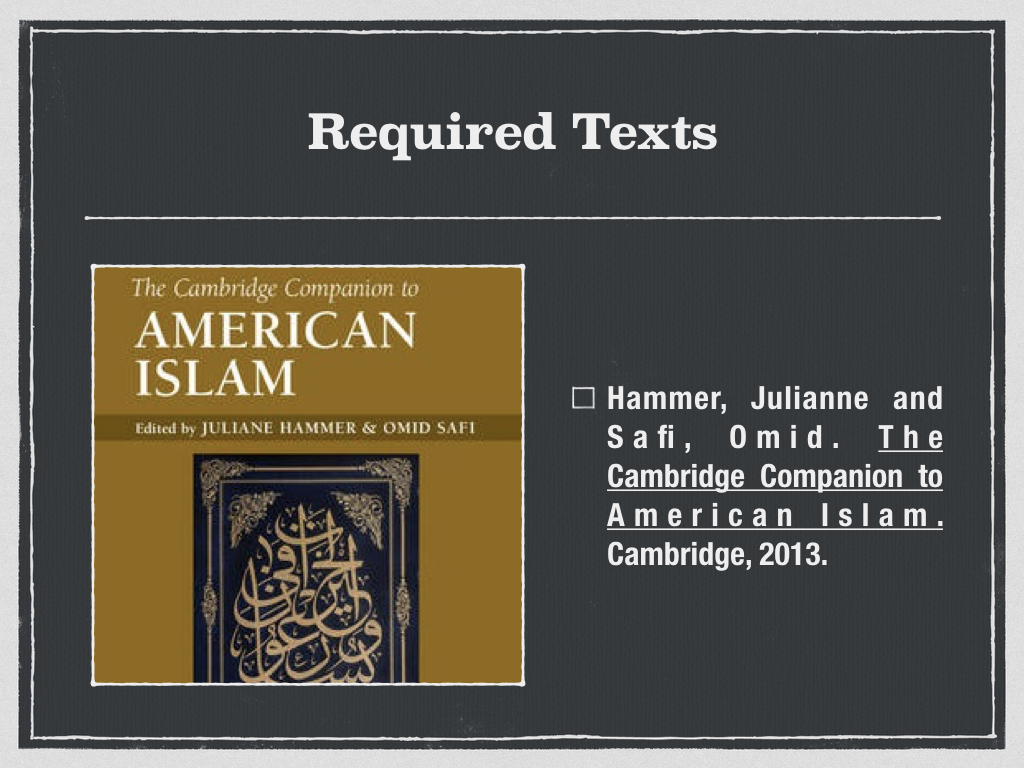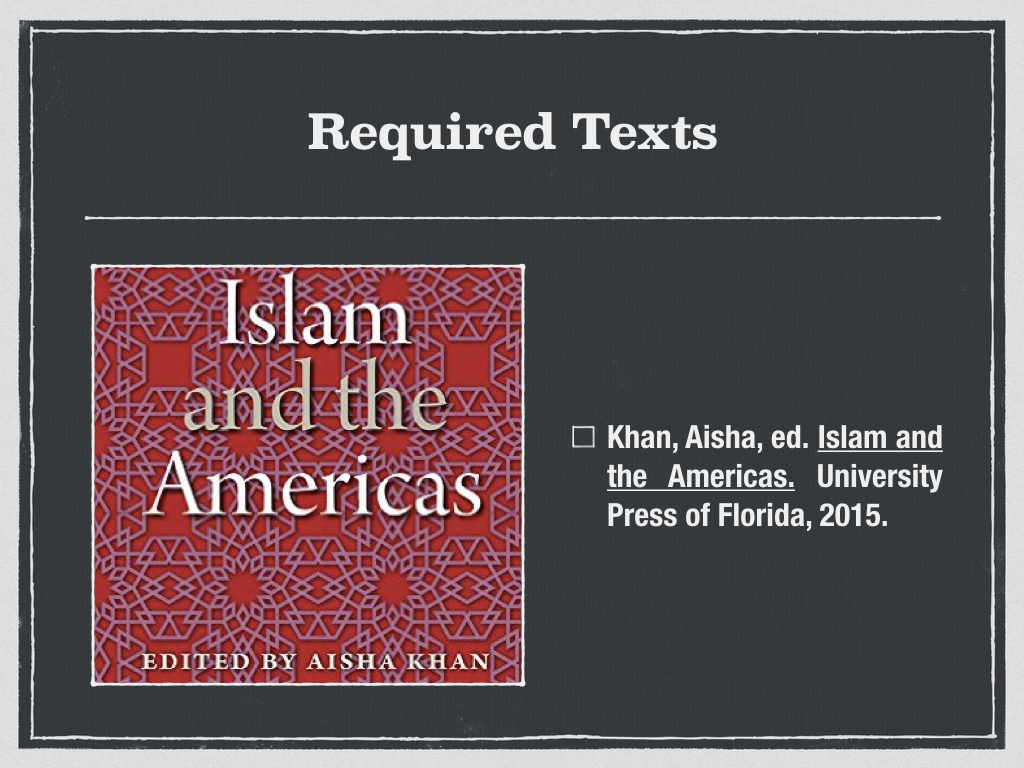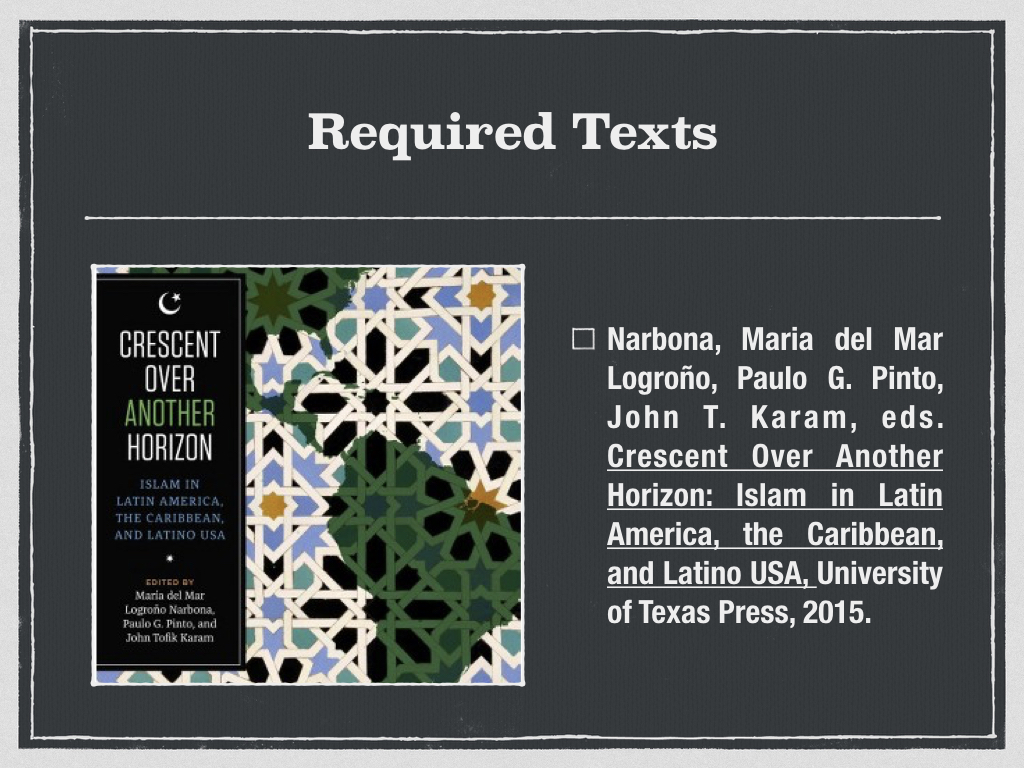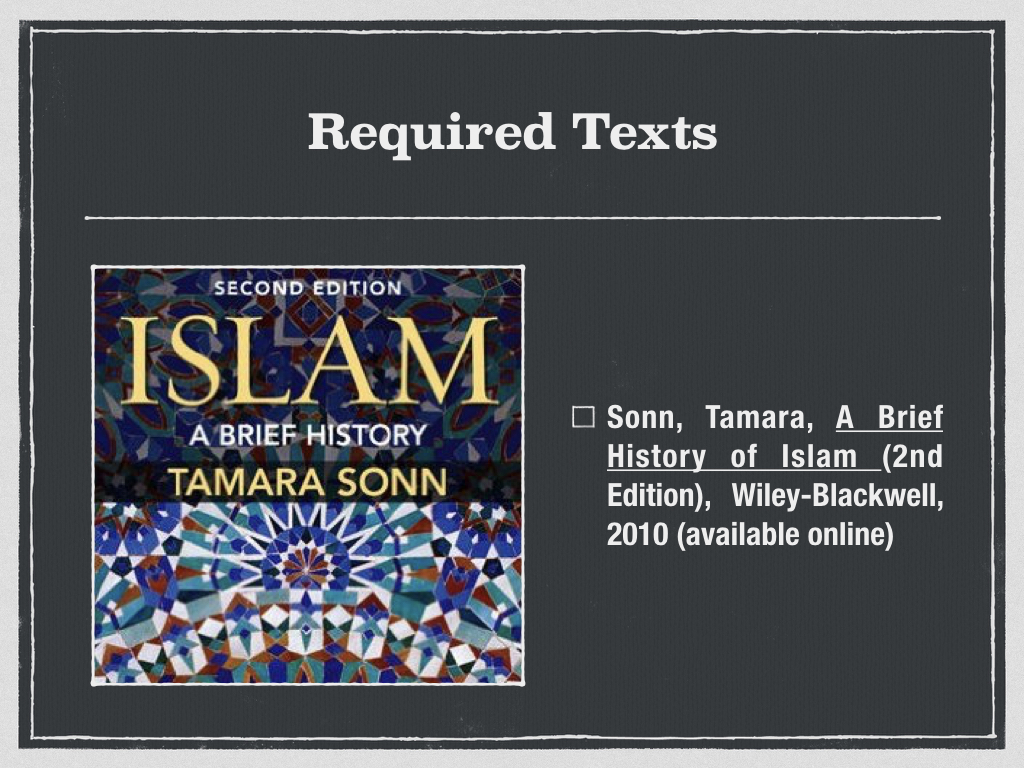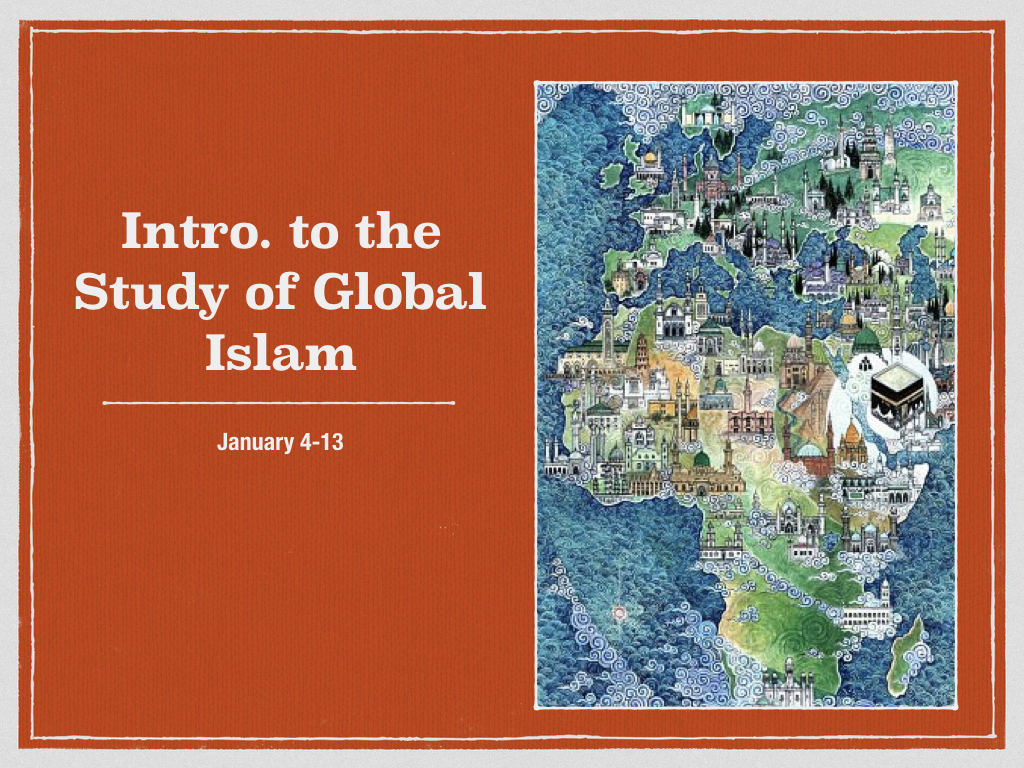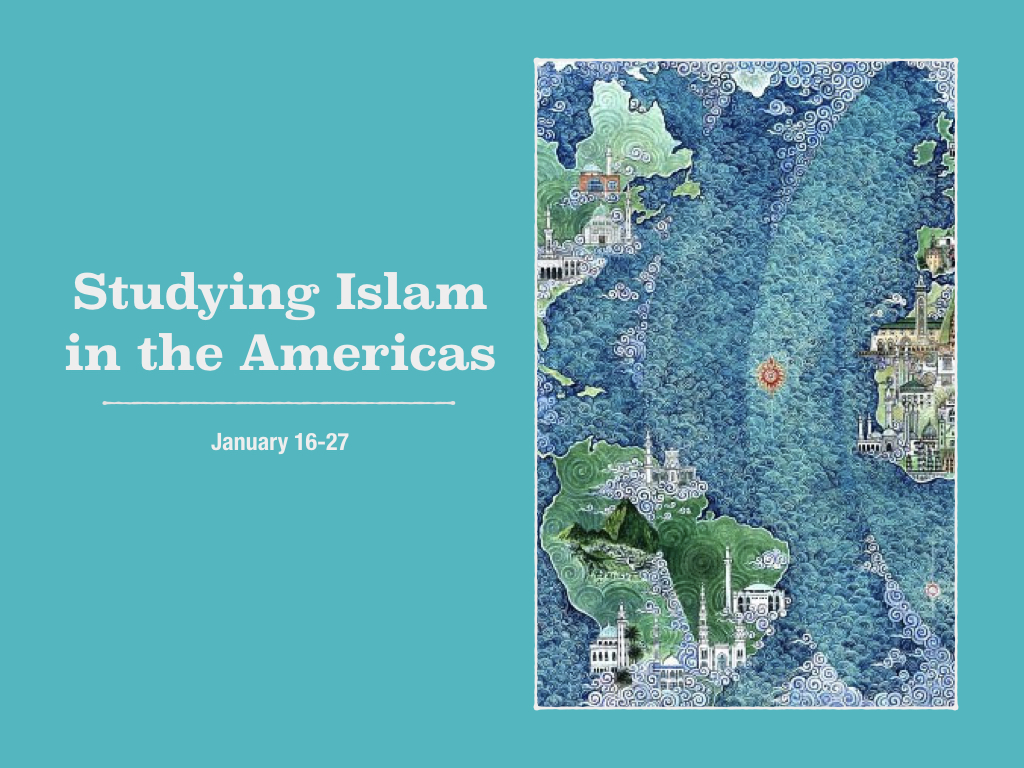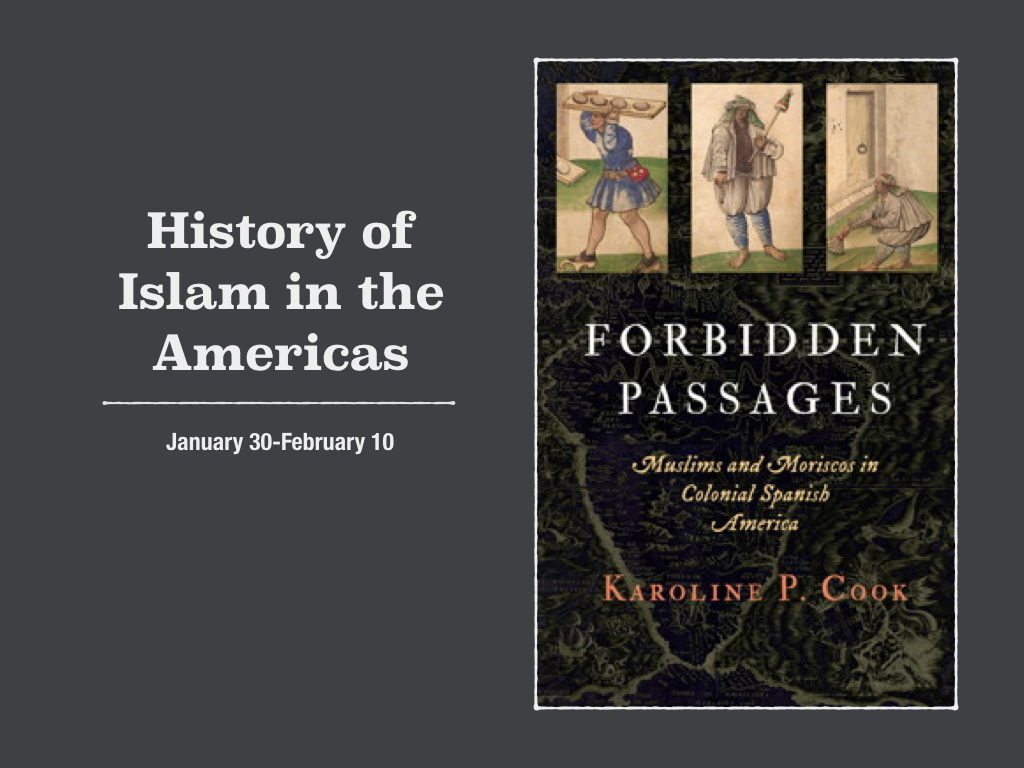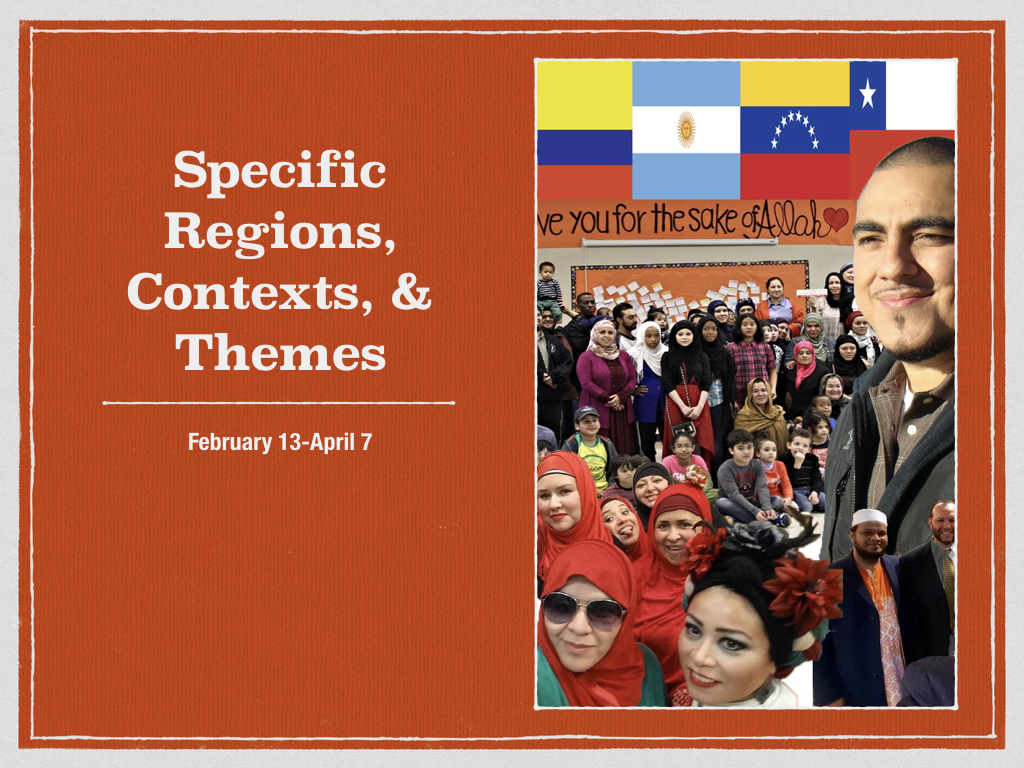When Mr. Casper reached out to talk to me about Watu Wote, a 22-minute film about Muslims protecting Christians from a militant attack that was nominated for the Live Action Short Film category at the 90th Academy Awards, I was excited to share some of my perspective and research from my time in Kenya back between 2012-2014.
I am happy with how the Christianity Today article came out, but I wanted to share my full comments to give my measured critique and muted optimism a bit more context than what Mr. Casper ever could in this article (not his fault, that's just the nature of a piece like that!).
In the end, while I laud the Muslims who protected their Christian brothers and sisters and believe that Kenyans will continue to find their own ways to inter-religious harmony and cooperation (as they often have in the past) I believe that film representations such as Watu Wote -- and the discourse surrounding it -- can veer dangerously close to playing the game of “good Muslim”/“bad Muslim” where “good Muslims” are those who protect Christians and “bad Muslims” are those who attack Christians. The truth is much more muddled and this type of representation puts the onus on Muslims to be the ones to have to change for interfaith peace to be possible rather than reminding Christians in Kenya -- and elsewhere -- that they have a massive part to play.
My comments about viewing "Somalis as Samaritans" echo this sentiment and call Christians to critically consider how their postures might need to shift in order for inter-religious peace to be proceeding apace. Read my full interview below...
The way we frame, define, or imagine ourselves and others plays a critical role in how we think, speak, and act. It also informs how we vote, how we live our lives in day-to-day relations, where we live, who we interact with, and how we interact with them.
In this particular case, I thought it was interesting to note how the evangelical Christians I was talking to so readily identified “their Samaritans” as Somalis — and the “Somali Muslim” in particular.
On the one hand, it illustrated a certain softening of their views toward Somalis, their neighbors to the north. They were not viewing them simply as “shifta” — bandits — but instead as Samaritans. This is significant from an evangelical perspective for two reasons. First, in the context of Samaritans as they are discussed in the Gospels, the Samaritan is the one who helps a man heal from an attack by bandits on the Jericho road. Second, they were seen as related to, and yet distinct from, the Judeans that Jesus predominately did his work among. And so, when these evangelical Christians referred to Somalis as Samaritans they were trying to say that Somalis were not necessarily bandits, enemies, or inherently evil (as the blanket term “shifta” implies), but possibly even heroes in certain stories (as with the “Good Samaritan”). They were also saying that while Kenyans (here imagined as “Judeans”) and Somalis are different, they are also related in terms of geography, history, and culture. It was a way for these evangelical Christians to make Somalis relatable, redeemable, and respectable within the frameworks of their conceptual Christian universe. This perspective is a whole lot more positive than a lot of the popular, political, or public representations of Somalis swirling around at the time of the Westgate Mall attacks and against the backdrop of violent al-Shabaab militancy.
On the other hand, these evangelical Christians were still seeking to maintain boundaries and their positions of power in Kenya’s political, geographic, religious, and social context. For the Judeans of Jesus’ day, Samaritans were “other.” So too for these Kenyan Christians, Somalis are still maintained as “other” when called Samaritans. As I wrote in the paper, “with an influx of Somali migrants in Kenya, in rural settlements but even more in urban areas, and the growth of Islam (real or perceived) and the accompanying connections of people via transportation, monetary dealings and communication technologies, Kenyan evangelicals’ need for boundaries is felt ever more strongly on economic, political, social and religious levels. With Somalis long defined as ‘the other’ in contradistinction to ‘the Kenyan’ and his/her way of life, the increased presence of Somalis in Kenya’s cities, economy, political realm, headlines and national psyche threatens to blur boundaries and deconstruct Kenyan identity. This is even more pronounced within evangelical circles as Somalis/Muslims threaten the evangelical community ethos, which is intricately tied up with local social life, economics and politics. Hence, the evangelizing stance toward Somalis. With Christians in close contact with Somalis at the economic, political, social and religious levels, Somalis can no longer be alienated as shifta, as bandits at the border or in the hinterland of ‘Greater Somalia’, but must now be perceived as ‘other’ in a different, perhaps more redeemable, way. Thus, evangelization [the goal to convert Somali/Samaritans into Christians/Kenyans] is still a tool used to portray Somalis/Muslims as fundamentally different, and even opposed to, what it is to be Kenyan/Christian, although there is still is a noticeable modification in perception.”
Specifically, in terms of interfaith relations and Kenyan unity, this means that there is now more room in the imagination for Somalis to be part of Kenya.
Like I said, there is a certain softening in perception in this shift from imagining Somalis as shifta to imagining them as Samaritans. However, how Somalis become part of a unified Kenya is still very much on the Kenyan Christians’ own terms. They must be converted in order to truly be “Judeans” or, in this case, Kenyans.
This shift is a mixed bag for interfaith relations. While conversations across boundaries of identity must begin with an imaginative engagement and empathy with the perceived “other,” this shift in the imagination concerning Somalis doesn’t quite fill me with confidence that encounters between Somali Muslims and Kenyan Christians will necessarily always be valuable. They could be, but there are still a lot of boundaries — physical, conceptual, theological — to be crossed.
With that said, there are many encouraging stories that speak of healthy, valuable, and elegant relationships between Christians and Muslims in Eastern Africa. My research did not focus on those, but you can find others who have written about these stories in popular and academic venues.
- Do other non-evangelical Christians mirror this move? How would you characterize Christians as a whole at either the pole of shifta, or at the other of citizenship?
Yes, other Christians mirror this move or even go beyond. While I did not perform a comprehensive survey of evangelicals in Kenya — or perform in-depth ethnography — I talked with many Christians from broader evangelical traditions as part of this research. I have also received feedback about this piece from others that has helped me better understand.
First, during my research, I talked with other Christians who agreed with the characterization of Somalis as Samaritans rather than as shifta. Others have echoed this in reaction to my article and said things to the effect of, “that’s exactly it! I would maybe have not used the same language, but Somalis are our Samaritans!” Still, others have disagreed. One young woman told me that, “this doesn’t match my experience.” She said, “for me Somalis are Somalis. They are good people, hard-working, loving, neighbors, friends, and co-workers. I wouldn’t call them Samaritans. I would just call them my friends.”
And so, I think it is impossible to characterize the Christian view of Somalis in any one way. I think it falls along a spectrum from extreme fear, hate, and distrust to radical openness, hospitality, and perhaps even relative indifference to who Somalis are or what is being said about them. The vast majority probably fall in the middle and that is part of what I was trying to capture in my piece. Evangelical Christians are perhaps shifting their conceptions of Somalis, but they still haven’t moved to open engagement, hospitality, or the dissolution of boundaries.
Many of the Christians I talked to discussed how they are friends, neighbors, or colleagues with Muslims (Kenyan or Somali). They expressed how they trusted them in business, enjoyed conversations with them, and generally had no problem interacting with them. They never expressed any fears that they were taking over, corrupting, or soon to attack the nation or people of Kenya.
At the same time, many of these same evangelical Christians would emphasize the need to convert them, to open their eyes to the way of Jesus, and would hint that this was the only way they could truly be brothers and sisters with them. Some didn’t say this and assumed the common humanity between Muslims and Christians, but enough did that I think it would be the majority opinion.
- What is it that would draw Kenyans toward better interfaith relations? Would a film like Watu Wote be more effective than government or religious statements or sermons? Or less?
More conversations, intentional interactions, and a reduced-tension political environment would all go a long way in improving better interfaith relations in Kenya. The first two are largely in the hands of Eastern Africans.
The latter, however, is enmeshed in the broader, global, “War on Terror.” As long as Eastern Africa is imagined as a key “battleground” in the “War on Terror” and Kenya and Somalia as a “bloody border” between Muslims and Christians (a la Samuel Huntington’s “Clash of Civilizations” thesis) interfaith relations will continue to remain tense.
In general, I believe that Christians in Kenya are keen to build bridges with their Muslim neighbors. You see this in the softening of their language, in the openness of their imagination, and even in their desire to evangelize.
A film like Watu Wote can do two things to help move conversations and interactions between Muslims and Christians in a positive direction. First, as an interactive artifact of popular culture it can perhaps serve as a guiding light, or cultural touchpoint, that Christians and Muslims can turn to and say, “Look, see, how in this instance Muslims and Christians saw in each other common humanity and protected one another against violence and hate?!” Second, it can serve as the basis for further conversations. Christians and Muslims could gather around to watch, discuss, and interpret the film together. Art and culture can serve as beautiful vehicles for interfaith engagement and conversation. This film can help move interfaith conversations forward by providing an imaginative, and engaging, means to talk about our common humanity and our shared values.
However, I must also caution that this film seems geared toward a Western audience. I’d be curious to know just how successful it was in Kenya (I am not saying it wasn’t, I just didn’t see any firm statistics). That it was directed by a German and nominated for an Academy Award speaks to how Western audiences are drawn to this type of narrative. While it is good that we see that “Muslims aren’t terrorists” in popular culture we should also be careful — as outsiders and Westerners — to not enforce or overly encourage our own versions and visions of interfaith peace on Christians, Muslims, and others in Kenya and Somalia. In the end, it will not be a film that will change the future, but the daily interactions between Muslims and Christians on the ground in these areas and places. This may not bring about rapid change, but through the glacial grind of time the relationships formed between Muslims and Christians in small towns like Oloitokitok, in transit centers like Emali, or in cities like Nairobi will be where the work gets done and lives are transformed.
- Might Christian or evangelical Kenyans be upset at the film’s positive portrayal of Muslims/Islam, or instead see it as a reinforcement of national unity? How would you describe the tension between a desire for Christian exclusivism and a desire for national peace?
I don’t imagine that the Kenyan Christians I talked to would be necessarily upset about the positive portrayal of Muslims in this case. I think that fact will be celebrated. I think it will be, and most likely has been, celebrated as a symbol of potential national unity and common humanity.
It must be said that al-Shabaab is still al-Shabaab here. There is still an enemy in this film. It’s not Muslims, but a particular type of Muslim that is being condemned in this film. The film is seemingly trying to shift the “us” v. “them” from that of Kenyan Christian v. Somali Muslim to peace lovers v. violent extremists. I don’t think evangelical Christians should be against such a portrayal and would most likely cheer it.
However, the film would still need to be critiqued to see what new “others” it is creating here and if members of al-Shabaab are being made out as inhuman when juxtaposed with the Muslims protecting Christians. It seems to me that perhaps there is a game of “good Muslim”/“bad Muslim” being played out in this film where “good Muslims” are those who protect Christians and “bad Muslims” are those who attack Christians. Just like with the shift from shifta to Samaritan, the game is still being played on Christian ground. Muslims must conform. Muslims must perform certain actions. Muslims must be good for us all to get along. The primary onus of maintaining peace and unity is placed on Muslims and not as fully on Christians.
I don’t think a desire for Christian exclusivism is necessarily antithetical to a desire for national peace. However, the question must be asked what norms are certain participants in these cultural, political and social conversations expecting national peace and unity to conform? Is it that to be unified we must all be the same religion? Most Kenyans (or Americans or Germans for that matter) are not so naive to actually think so, but sometimes the language and imagination around this issue seems to hint at such a point of view.
What might truly help this conversation about national unity move forward would be if Muslims — Somali, Kenyan, or otherwise — were permitted in popular culture, the public imagination, and in political terms to be accepted and affirmed as they are, not as how evangelical Christians, or others, imagine them or want them to be.
I am reminded here of a quote from Kwame A. Appiah in his book Cosmopolitanism where he wrote, “…conversations across boundaries of identity — whether national, religious, or something else — begin with the sort of imaginative engagement you get when you read a novel or watch a movie or attend to a work of art that speaks from someplace other than your own….the encounters, properly conducted, are valuable in themselves. Conversation doesn’t have to lead to a consensus about anything, especially not values; it’s enough that it helps people get used to one another.” (Kindle locs. 1347-1366)



